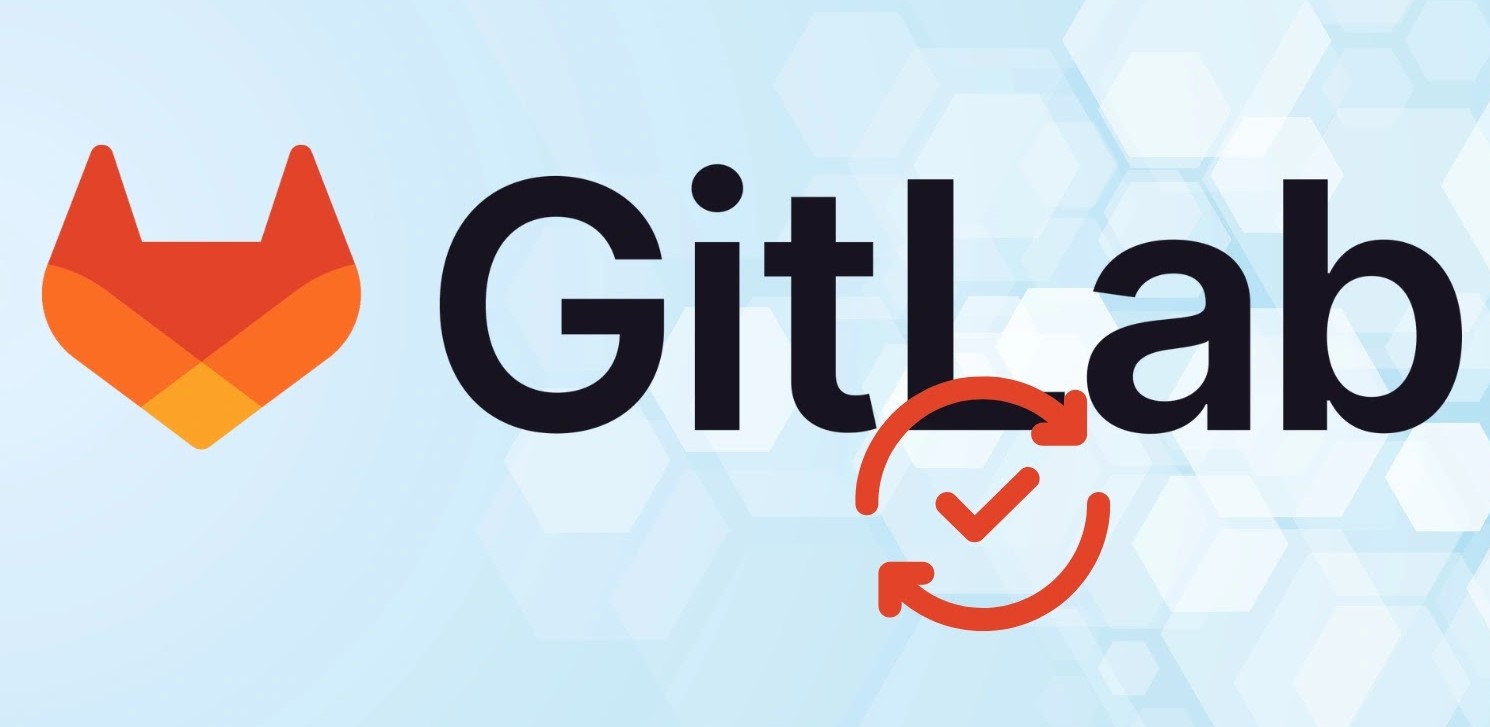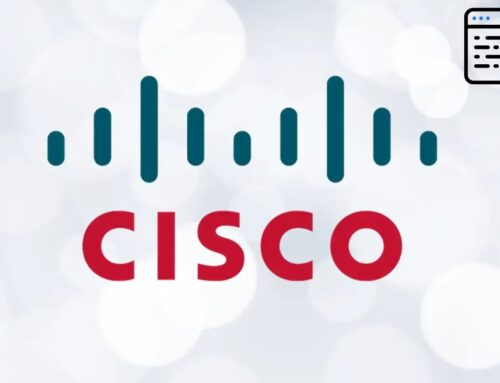
GitLab Security Update – Patch for Multiple Vulnerabilities in Community and Enterprise Edition
Urgent Action Required: GitLab Releases Critical Security Patches for Multiple Vulnerabilities
In the evolving landscape of software development and operations, security remains paramount. GitLab, a cornerstone for millions of developers and DevOps teams worldwide, has recently rolled out vital security updates addressing multiple vulnerabilities across its Community Edition (CE) and Enterprise Edition (EE) platforms. This isn’t just another patch cycle; it’s a critical call to action. Failing to deploy these updates could leave your instances exposed to significant risks, including high-severity Cross-Site Scripting (XSS) issues that jeopardize core functionalities.
Versions 18.2.1, 18.1.3, and 18.0.5 are now available and demand immediate deployment. This comprehensive release targets six distinct security vulnerabilities, underscoring GitLab’s commitment to maintaining a secure environment for its vast user base. As a cybersecurity analyst, my immediate recommendation is to prioritize these updates.
Understanding the Threat: Key Vulnerabilities Addressed
The latest GitLab security fixes tackle a range of vulnerabilities, but two high-severity Cross-Site Scripting (XSS) issues stand out due to their potential impact, particularly on Kubernetes proxy functionality. XSS vulnerabilities allow attackers to inject malicious scripts into trusted websites, potentially leading to session hijacking, data theft, or defacement. For a platform deeply integrated with critical infrastructure like Kubernetes, such vulnerabilities pose an unacceptable risk.
While the specific CVEs for all six vulnerabilities were not detailed in the source, the mention of high-severity XSS issues affecting Kubernetes proxy functionality should prompt immediate concern. Users should consult the official GitLab security advisory for the full list and detailed descriptions of each patched vulnerability.
Beyond the XSS flaws, other vulnerabilities typically found in such comprehensive patches can include:
- Access control bypasses
- Information disclosure vulnerabilities
- Denial-of-Service (DoS) vulnerabilities
- Remote Code Execution (RCE) vulnerabilities (though not explicitly mentioned as high-severity in this specific advisory)
Remediation Actions: Securing Your GitLab Instances
The path to mitigation is clear and straightforward: update your GitLab instances immediately. For both Community Edition and Enterprise Edition users, the priority should be deploying versions 18.2.1, 18.1.3, or 18.0.5, depending on your current version branch.
Follow these critical steps to secure your GitLab environment:
- Identify Your Current Version: Determine which version of GitLab CE or EE you are currently running. This will dictate which patch version you need to apply.
- Review Official GitLab Documentation: Before initiating any upgrade, consult the official GitLab upgrade documentation for your specific version. Pay close attention to any pre-upgrade checks or specific instructions related to major version jumps.
- Backup Your Data: Always perform a full backup of your GitLab instance, including the database, configuration files, and repositories, before starting an upgrade. This is a non-negotiable step to prevent data loss.
- Schedule Downtime: Plan for a maintenance window. While GitLab updates are generally designed to minimize downtime, some disruption may occur. Communicate this to your teams in advance.
- Execute the Upgrade: Follow the official upgrade instructions provided by GitLab. For Omnibus installations, this typically involves using your system’s package manager (e.g.,
apt-get upgrade gitlab-eeoryum update gitlab-ce). For source installations, the process is more manual but equally well-documented. - Verify the Update: After the upgrade, confirm that your GitLab instance is running the new, patched version. Check system logs for any errors and ensure all functionalities are working as expected.
- Stay Informed: Subscribe to GitLab’s security advisories and announcements. Regular vigilance is key to proactive security.
Tools for Detection and Verification
While direct detection of these specific vulnerabilities prior to patching would require highly specialized tools or significant manual effort, the broader approach to maintaining a secure GitLab instance involves a suite of tools for continuous monitoring, vulnerability scanning, and secure development practices. Post-patch verification is often done through version checks and functional testing.
| Tool Name | Purpose | Link |
|---|---|---|
| GitLab Version Check | Confirm installed GitLab version after update. | https://docs.gitlab.com/ee/install/verify_installation.html |
| OWASP ZAP | Dynamic Application Security Testing (DAST) for general web vulnerabilities, including XSS. | https://www.zaproxy.org/ |
| Burp Suite | Web vulnerability scanner and proxy for manual and automated security testing. | https://portswigger.net/burp |
| Nessus/OpenVAS | Network vulnerability scanners for identifying known vulnerabilities in network services and applications. | https://www.tenable.com/products/nessus http://www.openvas.org/ |
| GitLab Security Scanners (SAST, DAST, Dependency Scanning) | Built-in security tools within GitLab CI/CD pipelines. | https://docs.gitlab.com/ee/user/application_security/ |
Staying Ahead of the Curve: A Proactive Security Posture
This GitLab security update serves as a compelling reminder of the persistent threat landscape faced by all software platforms. For organizations relying on GitLab for their development pipelines and operational integrity, a proactive security posture is non-negotiable. This includes not only applying patches promptly but also fostering a culture of security awareness, regularly reviewing configurations, and implementing robust access controls.
Prioritizing these updates is not merely a task; it’s an essential measure to protect your intellectual property, maintain the integrity of your development processes, and safeguard your infrastructure from malicious exploitation. Act now to secure your GitLab deployments.





